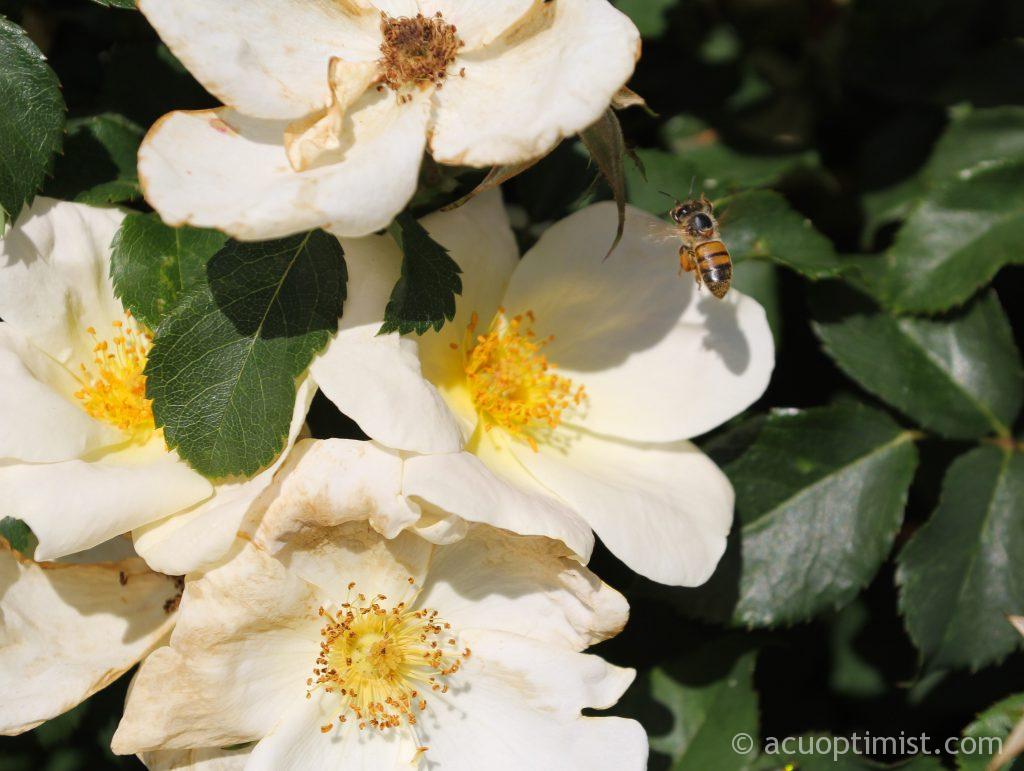BeeCampus USA, a national bee preservation group, designated the university as a certified Bee Campus last month.
Gayenell Rainwater, landscape and grounds manager, said the university qualifies for the BeeCampus USA program because the campus has many plants that attract bees and other pollinators. The university also participates in tree preservation and has been a “Tree Campus” through TreeCampus USA for several years, she said.
“We are the third university in Texas to be a Bee Campus,” Gayenell said. “We’re going to educate our students, we’re going to educate the community about what it takes to preserve pollinator areas.”
Facilities management created a monarch way station outside the Brown Library two years ago by planting blue mist shrubs. After many of the rose bushes on campus got a disease called rose rosette, Rainwater said new plants had to be added and she wanted pollinator plants to help preserve bee populations.
Bee populations are declining by about 44 percent each year, according to the BeeCampus USA website. Rainwater said her team preserves bees by limiting pesticides or designating pesticide-free zones on campus.
Areas with pollinator plants include the trailhead near the baseball field, the porch of the Hunter Welcome Center, the campus front entrance and the Nelson Hall trailhead. The new Parker Hill Wildlife Trail, which will open April 22, also features pollinator plants and wildflowers. Sage, lavender and other plants attract bees.

